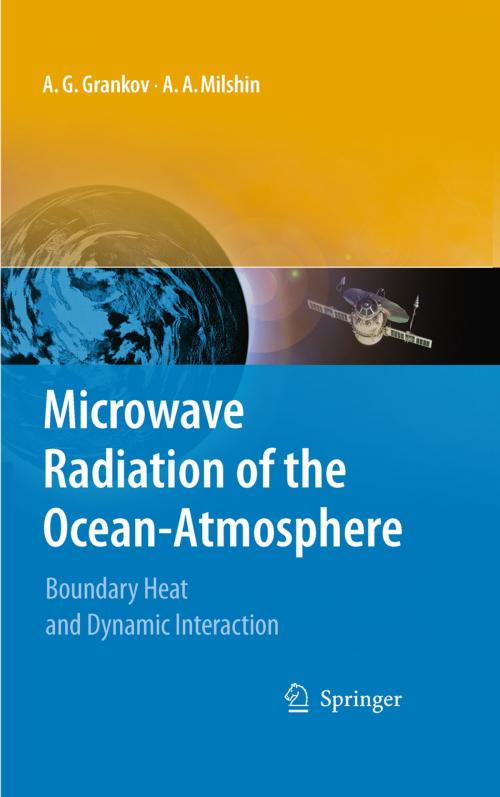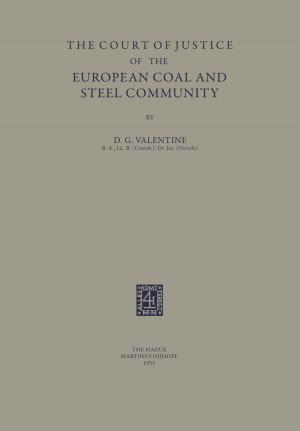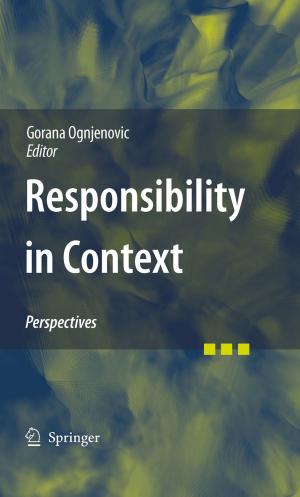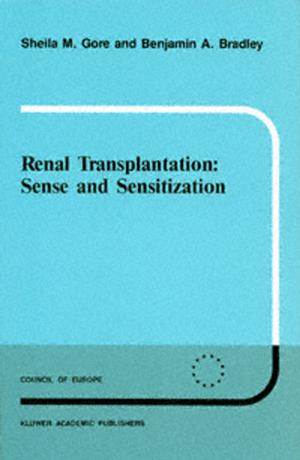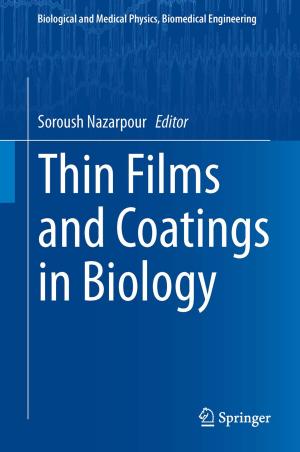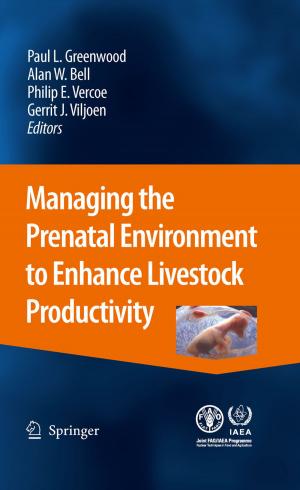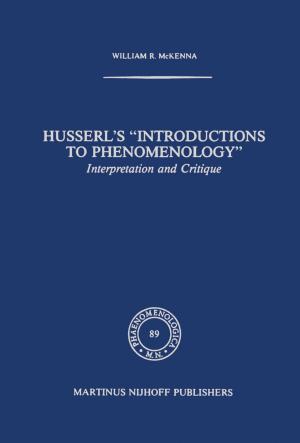Microwave Radiation of the Ocean-Atmosphere
Boundary Heat and Dynamic Interaction
Nonfiction, Science & Nature, Science, Physics, Electricity, Other Sciences, Meteorology| Author: | Alexander Grankov, Alexander Milshin | ISBN: | 9789048132065 |
| Publisher: | Springer Netherlands | Publication: | December 3, 2009 |
| Imprint: | Springer | Language: | English |
| Author: | Alexander Grankov, Alexander Milshin |
| ISBN: | 9789048132065 |
| Publisher: | Springer Netherlands |
| Publication: | December 3, 2009 |
| Imprint: | Springer |
| Language: | English |
We will show in this monograph some possibilities of using the potential of satellite passive microwave radiometric methods for the analysis of variations of heat and dynamic processes in the ocean–atmosphere interface in a wide range of time scales – from mesometeorogical (hours, daily) to seasonal (month) and multiyear (climatic) ones. The most essential mechanisms of intercommunication of natural microwave radiation of the system ocean–atmosphere (SOA) with the vertical turbulence fluxes of sensible, latent heat, as well as the momentum at the boundary of the SOA are studied. We will consider the turbulence heat fluxes as the factors generated by the c- otic movements in the atmosphere, when every small individual part of air is moved irregularly. Here, one can observe a transfer of the energy from large-scale to sma- scales; the average distance between the air particles is increased with a time. Also, the potential of remote sensing the characteristics of heat and water adv- tion and their accumulation in the atmosphere boundary layer are demonstrated. In these studies, we mean mainly the middle and high latitudes of the North Atlantic, which are forming the weather conditions and climatic trends over Europe and European territories of the Russia.
We will show in this monograph some possibilities of using the potential of satellite passive microwave radiometric methods for the analysis of variations of heat and dynamic processes in the ocean–atmosphere interface in a wide range of time scales – from mesometeorogical (hours, daily) to seasonal (month) and multiyear (climatic) ones. The most essential mechanisms of intercommunication of natural microwave radiation of the system ocean–atmosphere (SOA) with the vertical turbulence fluxes of sensible, latent heat, as well as the momentum at the boundary of the SOA are studied. We will consider the turbulence heat fluxes as the factors generated by the c- otic movements in the atmosphere, when every small individual part of air is moved irregularly. Here, one can observe a transfer of the energy from large-scale to sma- scales; the average distance between the air particles is increased with a time. Also, the potential of remote sensing the characteristics of heat and water adv- tion and their accumulation in the atmosphere boundary layer are demonstrated. In these studies, we mean mainly the middle and high latitudes of the North Atlantic, which are forming the weather conditions and climatic trends over Europe and European territories of the Russia.
